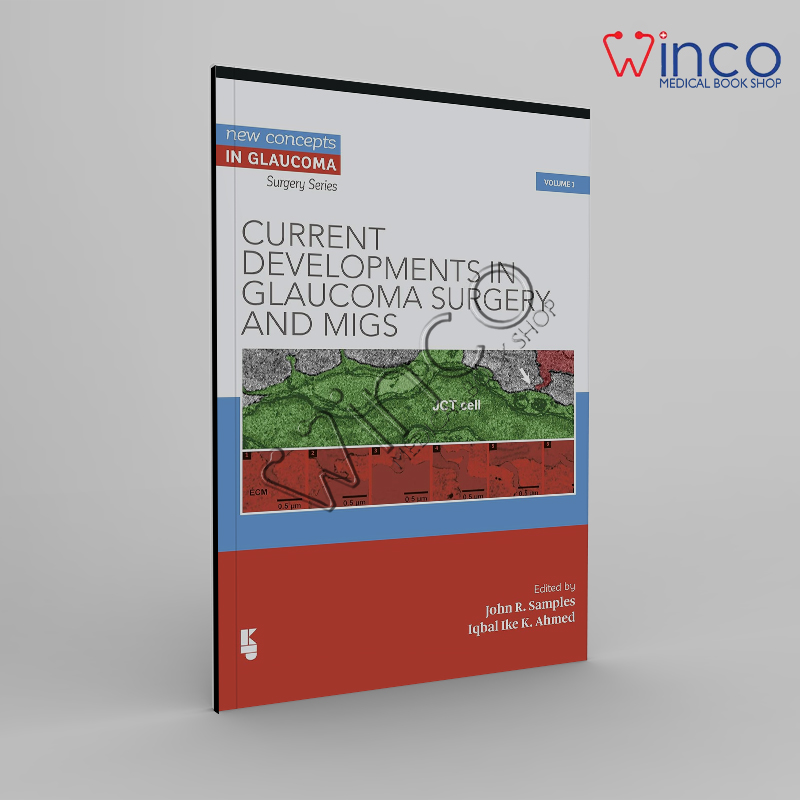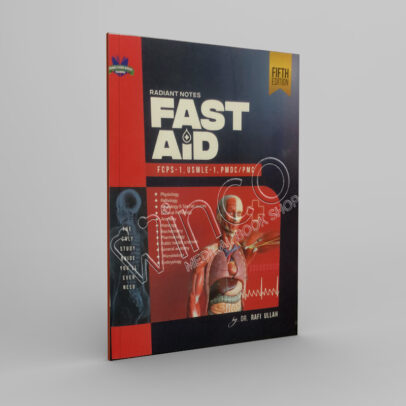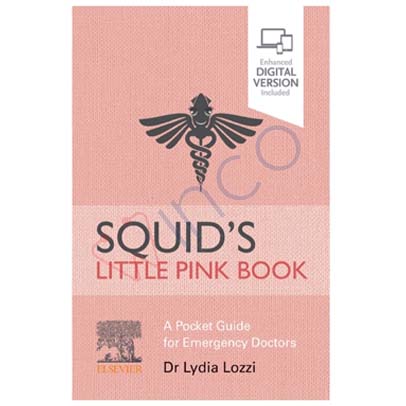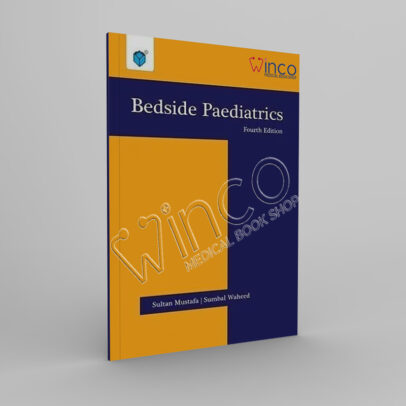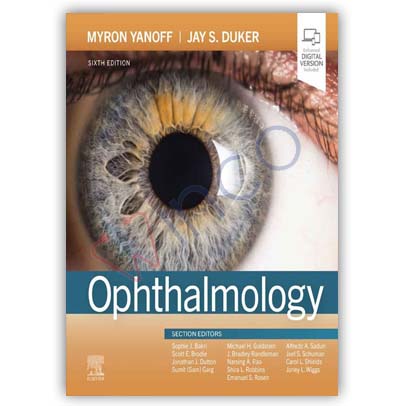
Current Developments in Glaucoma Surgery and MIGS (New Concepts in Glaucoma – Surgery Series series)
Current Developments in Glaucoma Surgery and MIGS (New Concepts in Glaucoma – Surgery Series series)
Shipping: Delivery 2 To 3 Working Days
Returns: 7 Days Easy Return
Categories: New ArrivalSurgery
ORDER ON WHATSAPP | واٹسّپ پر آرڈر کریں
Free
Worldwide Shopping
100%
Guaranteed Satisfaction
30 Day
Guaranteed Money Back
Current Developments in Glaucoma Surgery and MIGS (New Concepts in Glaucoma – Surgery Series series)
Successful interventional glaucoma remains a sought-after goal for the glaucoma clinician for many reasons. Medical costs, compliance, and adherence remain major barriers for the treatment of our patients. A truly definitive treatment for glaucoma is most likely to be largely surgical, as it is doubtful that patients will continue to use glaucoma drugs in the future for anything other than transient lowering of intraocular pressure. In the coming era, it seems probable that neuroprotection and neurorestoration will be combined with MIGS to lower pressure. Cost and access to medications, as well as cost-effectiveness are all reasons pushing towards surgery becoming the prime method of treating adult glaucoma, as is already the case for pediatric glaucoma. However, this could change if medications were to have a demonstrable beneficial effect upon the cells of the eye, whether corneal or trabecular. Cytoprotection, trabecular protection, and even canaloprotection may lie ahead to join the concept of neuroprotection. In fact, if medications were actually regenerative, it is likely that that they would become a routine component when MIGS is performed. At present, no such beneficial cellular treatment is known, but new medications based on neuroprotection and trabecular meshwork restoration may be on the immediate horizon. It has been suggested that netarsudil would have beneficial effects for both the trabecular meshwork and the optic nerve. Nitric oxide compounds may offer a similar possibility; much remains to be learned as of this writing. Additional good news is that the different types of MIGS are increasing in proportion to their efficacy. To date, there are no fewer than 12 choices available to glaucoma specialists. Choice of procedure depends on the underlying anatomy as well as the patient’s individual characteristics. Truthfully, the number of available surgeries depends upon their taxonomy.
Winco Medical (Online) Book Shop.
Related products
-19%
₨ 2,700 Original price was: ₨ 2,700.₨ 2,200Current price is: ₨ 2,200.
Radiant Notes Fast Aid 5th Edition 2023 By Dr Rafi ULLAH
-30%
₨ 995 Original price was: ₨ 995.₨ 695Current price is: ₨ 695.
Squid’s Little Pink Book: A Pocket Guide for Emergency Doctors
-17%
₨ 1,195 Original price was: ₨ 1,195.₨ 995Current price is: ₨ 995.
Emergency Imaging of At-Risk Patients: General Principles 1st Edition
-17%
₨ 1,795 Original price was: ₨ 1,795.₨ 1,495Current price is: ₨ 1,495.
Mastering Medicine MRCP Made Easy
-30%
-21%
₨ 1,895 Original price was: ₨ 1,895.₨ 1,495Current price is: ₨ 1,495.
MRCP Questions (From past papers and real exams) For Part 1
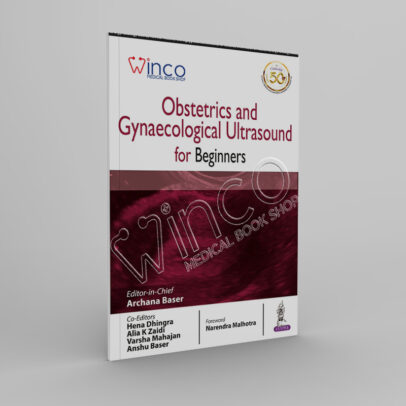
Select options
This product has multiple variants. The options may be chosen on the product page
-17%




